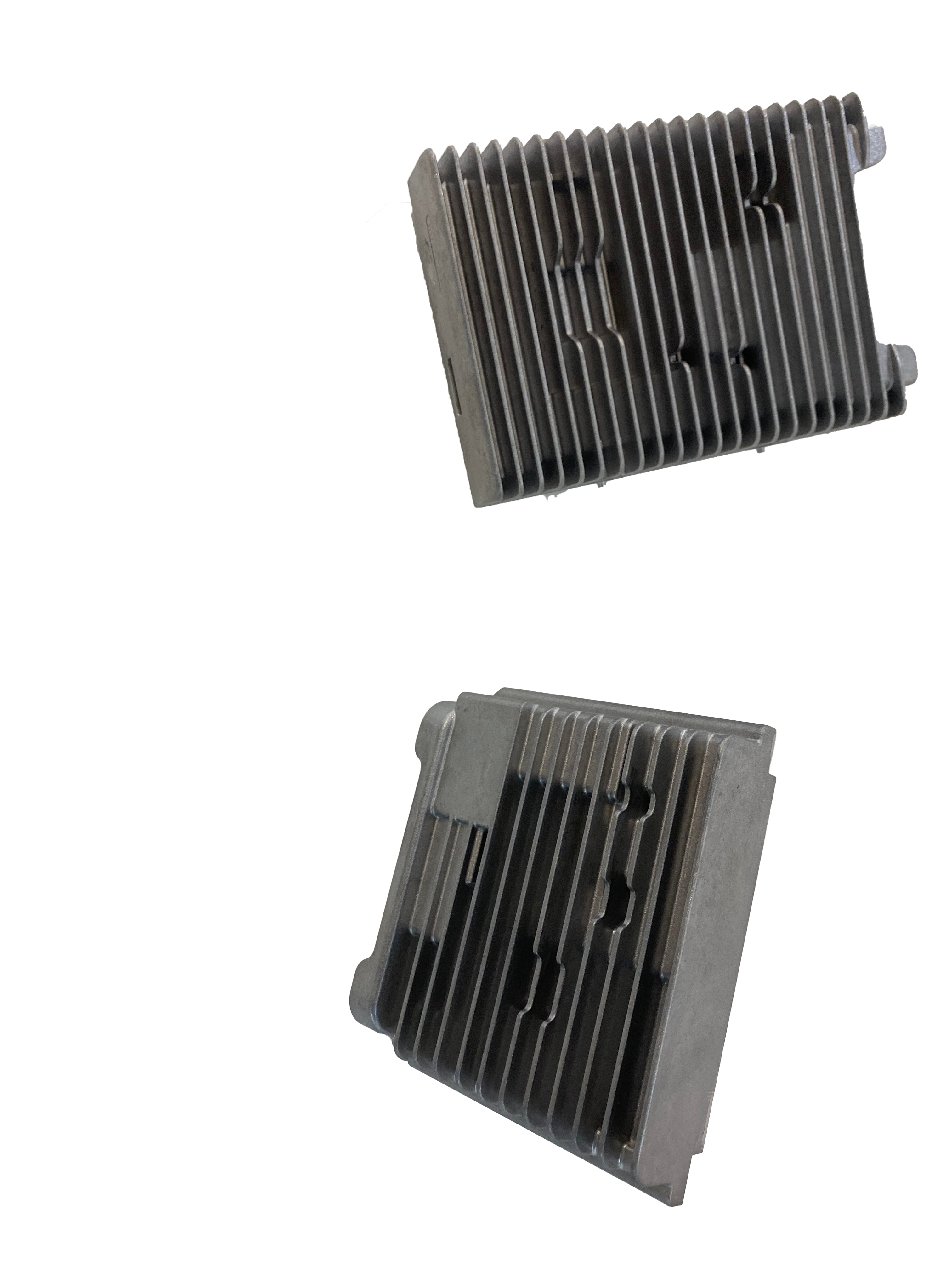Error de format de correu electrònic
emailCannotEmpty
emailDoesExist
pwdLetterLimtTip
inconsistentPwd
resetAccountPassword
forTheAccount
pwdLetterLimtTip
inconsistentPwd
resetSuccess
resetSuccessTips
login

Notícies
How to Choose the Raw Materials for Zinc Alloy Die-Casting
2022-07-21 17:09:49

How to Choose the Raw Materials for Zinc Alloy Die-Casting
- Control the composition of zinc alloys Start with purchasing zinc alloy ingots, which should be made of pure zinc plus ultra-pure aluminum, magnesium and copper. It is necessary to choose a zinc alloy die casting supplier with strict composition control standards. Qualified raw materials are the basis for qualified products.
- The raw material purchasing area should be kept clean and dry. When the weather changes, pay special attention to the impact on the placement area. Zinc alloy ingots are not very resistant to corrosion and will corrode for a long time in a humid environment, resulting in white rust. Zinc alloy ingots can become contaminated if the area is not cleaned. During the smelting process, the residue will increase and the loss of zinc alloy will also increase. A clean, dry storage environment is critical for controlling the purity of zinc alloy ingots.
- The ratio of new material to nozzle material, waste, etc. The proportion of recycled material should not be too high. Under normal circumstances, new materials account for 70% and old materials account for 30%. During the die-casting process, the surface of recycled materials such as nozzle materials is oxidized, and the content of zinc oxide is much higher than that of the original zinc alloy ingot. When these recycled materials are remelted, since zinc oxide is viscous under high temperature conditions, when zinc oxide is taken out of the zinc pot, zinc, magnesium, etc. are taken away in the alloy. Reduce the ratio of zinc to magnesium in the zinc pot.
- When remelting the nozzle material, the remelting temperature must be strictly controlled not to exceed 430°C. Excessive temperatures are extremely corrosive to cockroaches and tools, resulting in the loss of alloy components.
- Large zinc alloy die-casting suppliers can use multiple furnaces to smelt raw materials and recycled materials to better control the ratio of alloy ingots to recycled materials. Solvents can be better used, and molten solutions can maintain the composition of the alloy. And the temperature is uniform and stable. Electroplating waste and fines should be smelted separately from chemical waste, because metals such as copper, nickel, and chromium in electroplating waste are insoluble in zinc, while zinc alloys will remain as hard particles, bringing polishing and elaboration. Difficulties in handling.
In the process of zinc alloy die casting, in order to produce high quality zinc alloy die castings, several points must be paid attention to:
- Temperature: Recommended furnace temperature: Zinc alloy: 415-430 C, thin-walled parts, composite zinc alloy die-casting temperature can be the best upper limit, but not more than 430 C. The higher the furnace temperature, the larger the slag volume. The following three aspects can be observed from the naked eye:
- During the die casting process, the temperature in the furnace can be controlled through the following four aspects:
- When there is an error between the actual temperature of the melting furnace and the display of the melting furnace, the actual temperature of the melting furnace of the die casting machine should be checked regularly with a portable thermometer.
- Conditional central smelting furnace and die-casting furnace are used as holding furnaces to avoid large temperature changes when zinc ingots are directly added. Centralized melting can ensure the stability of alloy composition. Or advanced liquid metal automatic feeding system can maintain stable feeding speed, temperature of alloy liquid and height of liquid zinc can.
- If feeding directly in the zinc pot, it is recommended to add whole ingots multiple times instead of small ingots, which can reduce the temperature change caused by the feeding.
- Zinc alloy ingots need to be preheated.
- During the die-casting process, use peripheral tools: iron nails are not allowed, and iron operating tools are not allowed to contact alloy liquid. A stainless steel spoon should be used to avoid the adverse effects of iron impurities in the zinc alloy liquid.
Conclusion
For more information about oem al die casting,pressure die casting tonnage calculation,die casting machinery parts, we are glad to answer for you.
Contacta amb nosaltres

